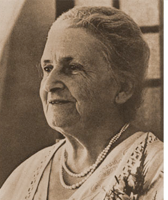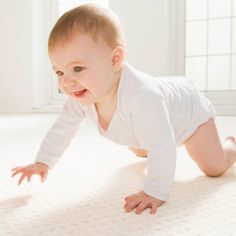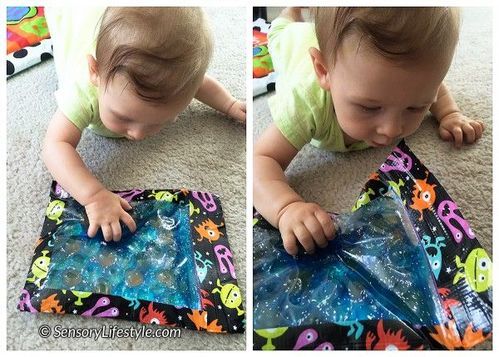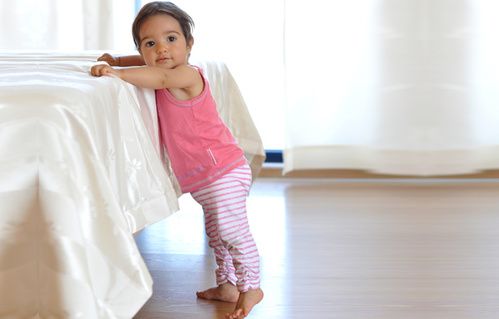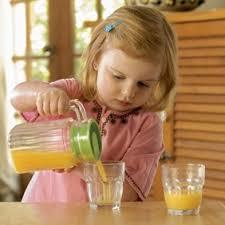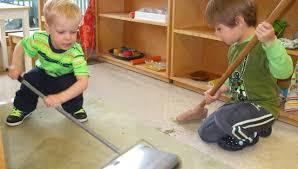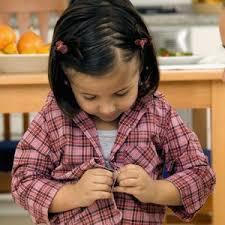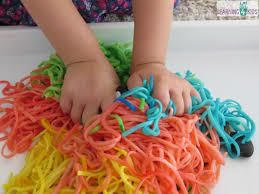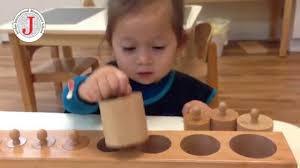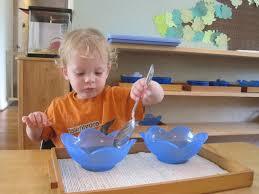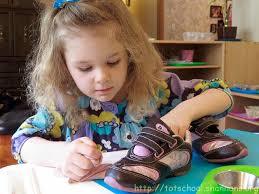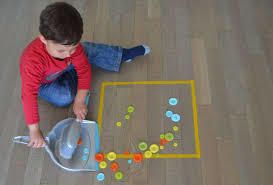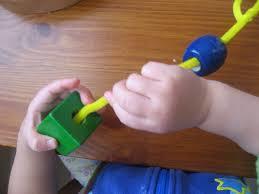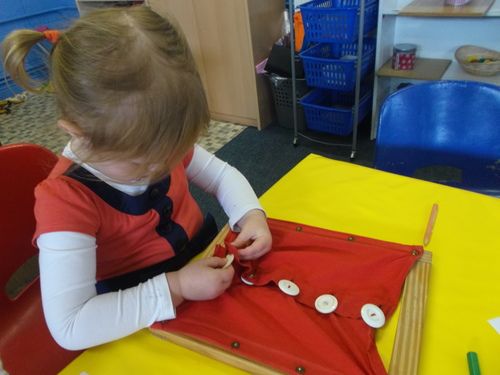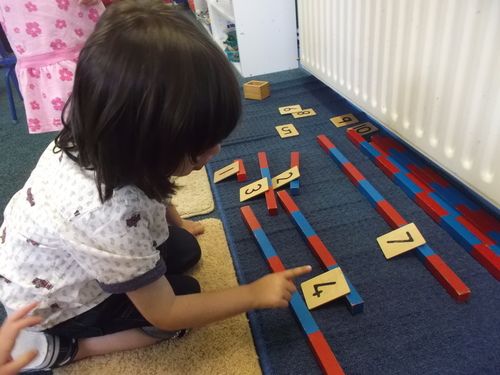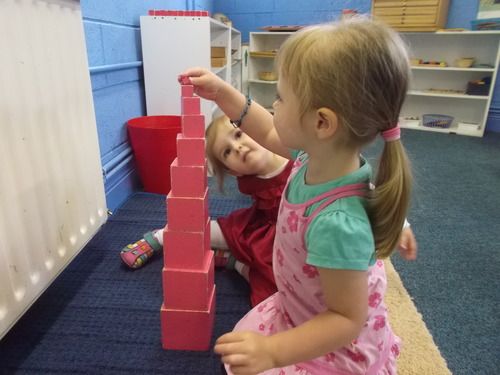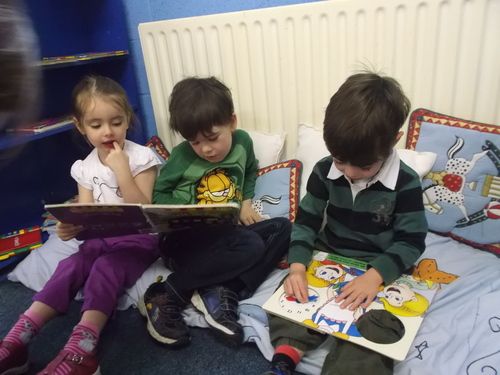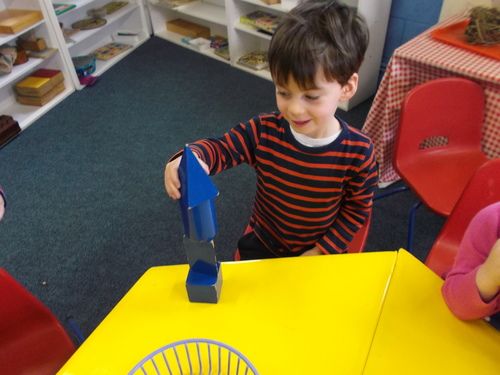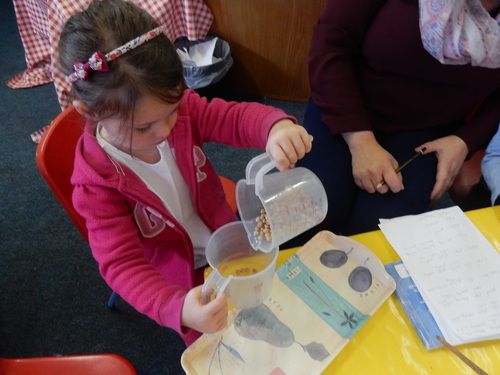'The child is a miracle of creation and this should be deeply felt by the educator.' Maria Montessori 1870-1952
Maria Montessori founder of the Montessori Method of Education through careful study and observations developed a deep understanding of the inner nature of young child. She believed if education is to be effective it must support and address this nature. 'One test of the correctness of educational procedure is the happiness of the child.' Maria Montessori
The Montessori Method is holistic, it looks at the whole child, physical, mental, emotional and spiritual. It is more than a method, it is a whole attitude and approach of care and respect for young children. Each child is special, each child is unique, so the aim is to provide an environment where each child can develop at his/her own pace. It is based on an idea of freedom within limits, so that the child can gain concentration, confidence and independence.
Maria considered the first six years of life the most important, during this formative period the foundations are laid for the child’s intellectual, physical, spiritual, social and emotional development. Children during this time possess what Dr. Montessori called an ’ Absorbent Mind’, the child effortlessly absorbs from his environment, what a young child learns during this period would take an adult 90 years to learn.
In the first six years the child passes through the ’Sensitive Period’. times when he becomes attuned to acquiring particular knowledge or skills. He will work on gaining that knowledge or skill with an interest or concentration he can never again display for that particular kind of work.
The child is an active learner. All of the materials in the Montessori class are activity provoking, satisfying the child’s need for activity.
The young child has a real need for independence. “Help me do it alone” Maria Montessori, is the child’s cry for independence. Each small step towards independence builds confidence, self esteem and a positive self concept. The Practical Life exercise cultivate independence and order, and are considered to be the most important of all activities in the Montessori classroom.
Polishing, pouring, threading, sweeping, dressing frames help children develop co-ordination, self confidence, independence and concentration.
A child cannot learn without concentration, by continually working with these materials the child will lengthen his attention span, and build a foundation for future cognitive and muscle development.
The exercises also bring about equilibrium of the personality, building confidence in a shy introverted child, and calming a hyperactive child who may have difficulty sitting still.
